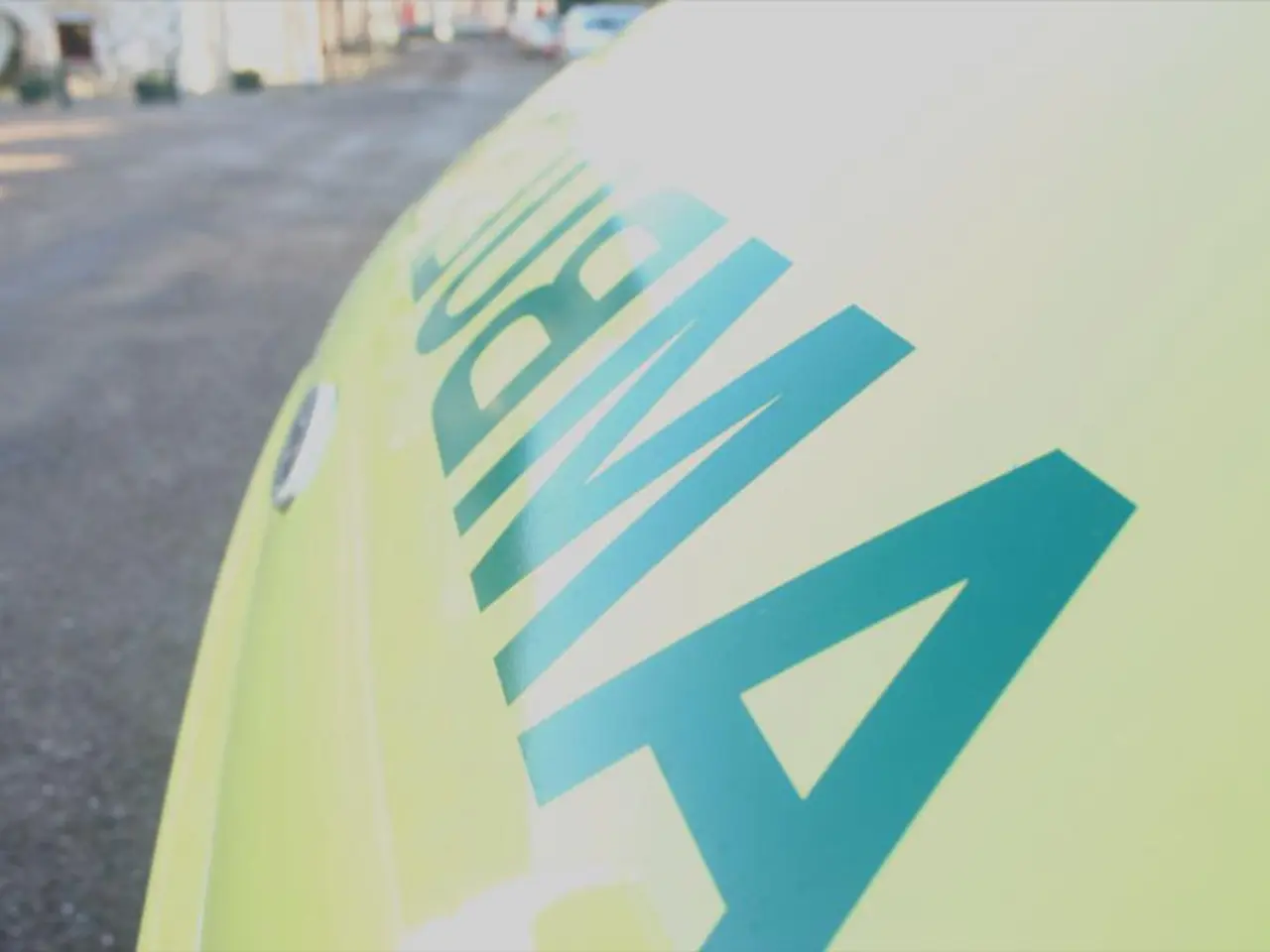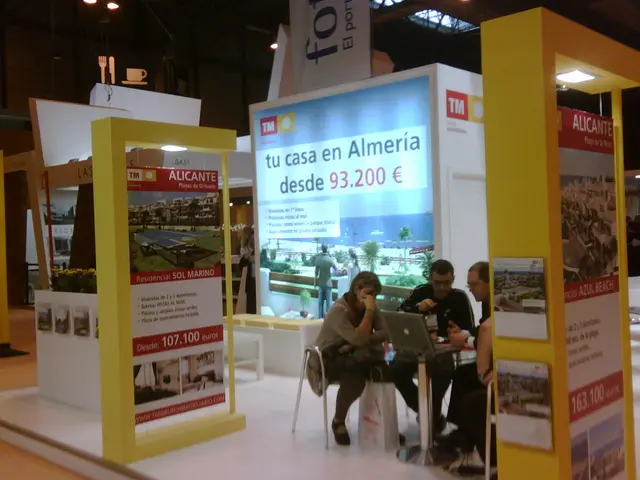Auto giants Toyota and BMW to jointly develop and share hydrogen fuel cell technology for vehicles.
In a significant move for the automotive industry, Toyota and BMW have announced a collaboration to develop next-generation hydrogen-powered fuel cell systems. Honda is also joining the partnership, marking a collective effort to advance hydrogen technology and support the growth of hydrogen infrastructure.
Toyota President Koji Sato and BMW's chairman, Oliver Zipse, have expressed their shared passion for cars and belief in a 'technology openness' and 'multi-pathway' approach to carbon neutrality. This collaboration aims to provide customers with additional fuel cell electric vehicle (FCEV) options, as well as a variety of powertrain options beyond FCEVs.
BMW plans to launch its first mass-produced FCEV in 2028, using the fuel cell system developed in partnership with Toyota. Toyota, on the other hand, continues to offer the Mirai FCEV to customers in California. Honda, too, is set to introduce new FCEVs, such as the 2025 CR-V FCEV, and offers lease deals with substantial credits to help offset hydrogen refilling costs.
FCEVs, which generate electricity from a fuel cell instead of relying on a large, heavy, and costly battery pack, accounted for a fraction of all vehicles sold in the U.S. over the past decade. However, the slow sales across the industry have led many automakers to shift their EV strategies towards more affordable hybrid vehicles to meet emissions requirements.
Recognising the need for greater access to hydrogen refueling infrastructure, Toyota and BMW plan to work closely with hydrogen producers, distributors, and refueling facilities. By expanding production to meet future passenger vehicle demand, they aim to reduce the costs of fuel cell powertrain units.
Hydrogen is stored in pressurized tanks in the vehicle, which can be replenished in minutes at a hydrogen refueling station. This quick refueling time is a significant advantage over battery-electric vehicles, which can take several hours to recharge.
Toyota Motor Corp. and BMW Group are not newcomers to the field of fuel cell technology. Toyota was an early pioneer in its development, and along with Honda, they are now collaborating on the development of a third-generation hydrogen-powered fuel cell system.
The rollout of new FCEVs requires a robust hydrogen infrastructure, and this partnership between automakers and hydrogen producers, distributors, and refueling facilities is a step towards achieving that goal. By working together, they hope to support the growth of hydrogen as a viable and sustainable alternative to traditional fossil fuels.
Read also:
- chaos unveiled on Clowning Street: week 63's antics from 'Two-Tier Keir' and his chaotic Labour Circus
- Racing ahead in Renewable Energy Dominance: Changzhou, Jiangsu Pushes for Worldwide Renewable Energy Ascendancy
- The potential consequences of the European Union's Clean Hydrogen strategy in relation to exacerbating our global climate emergency.
- BYD Commences Production at Hungarian Factory This Year, Plans to Launch 1-Megawatt Ultra-Fast Chargers Across Europe in 2026







